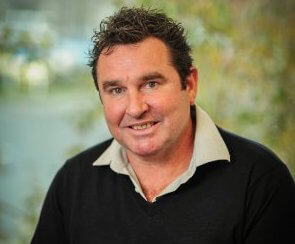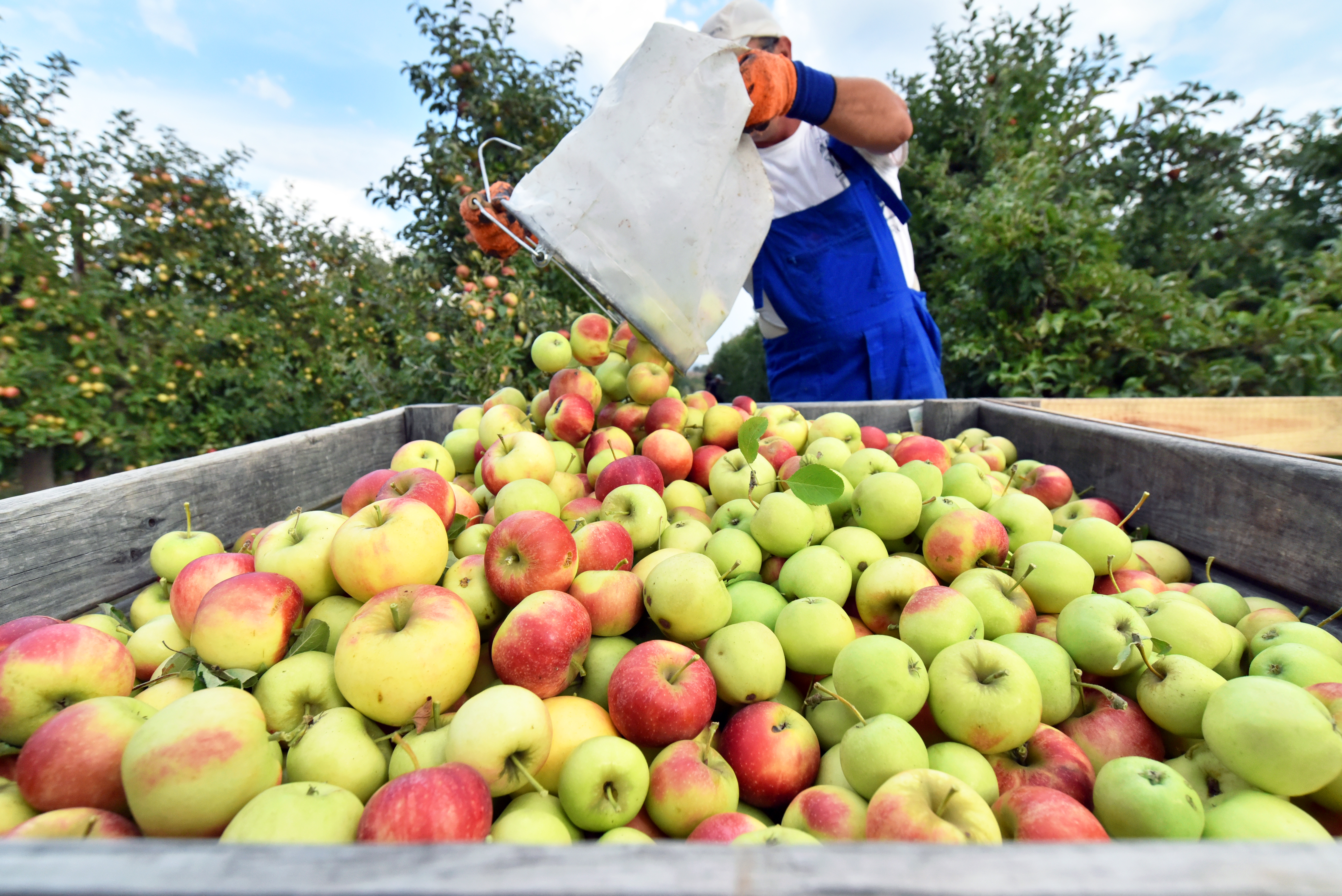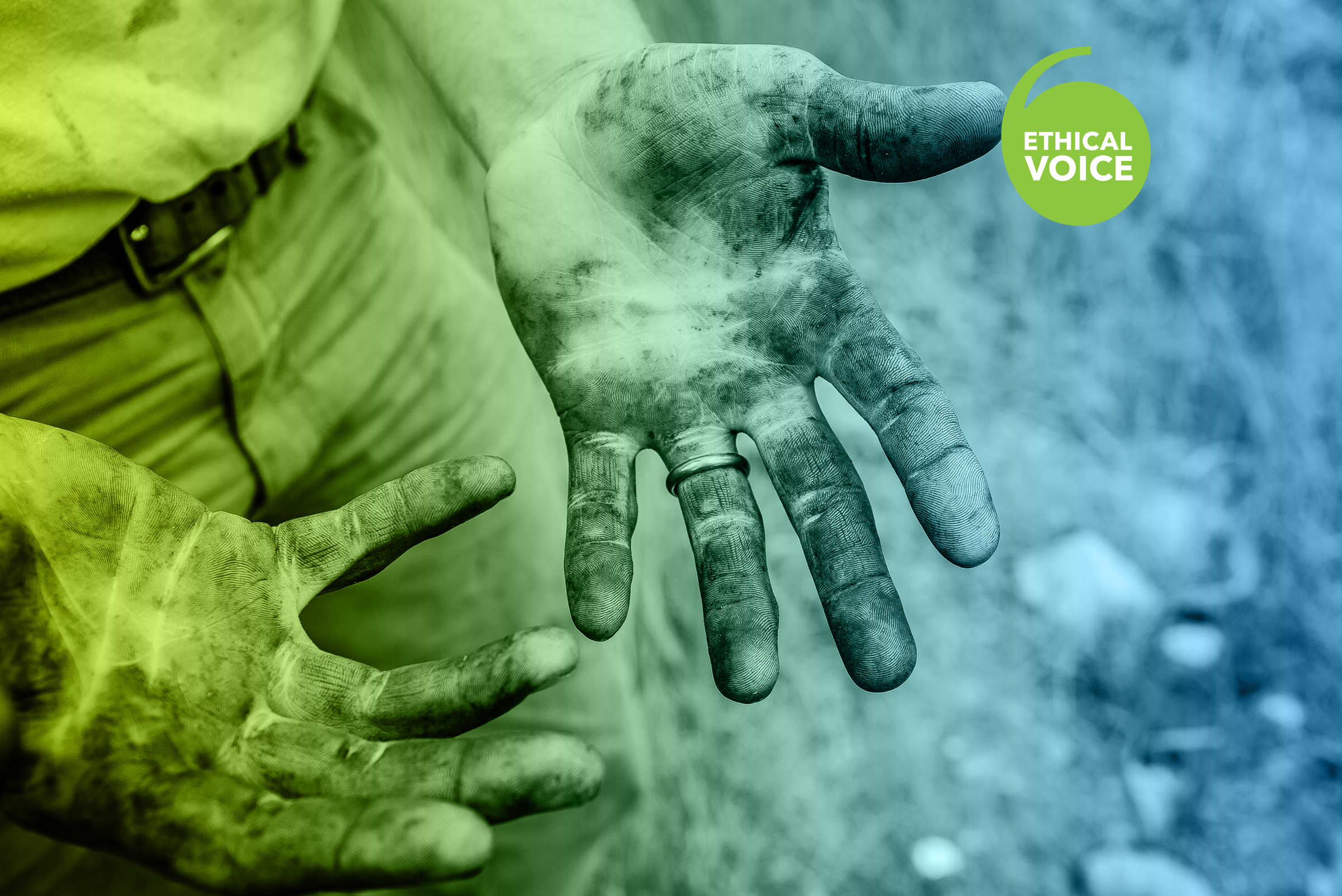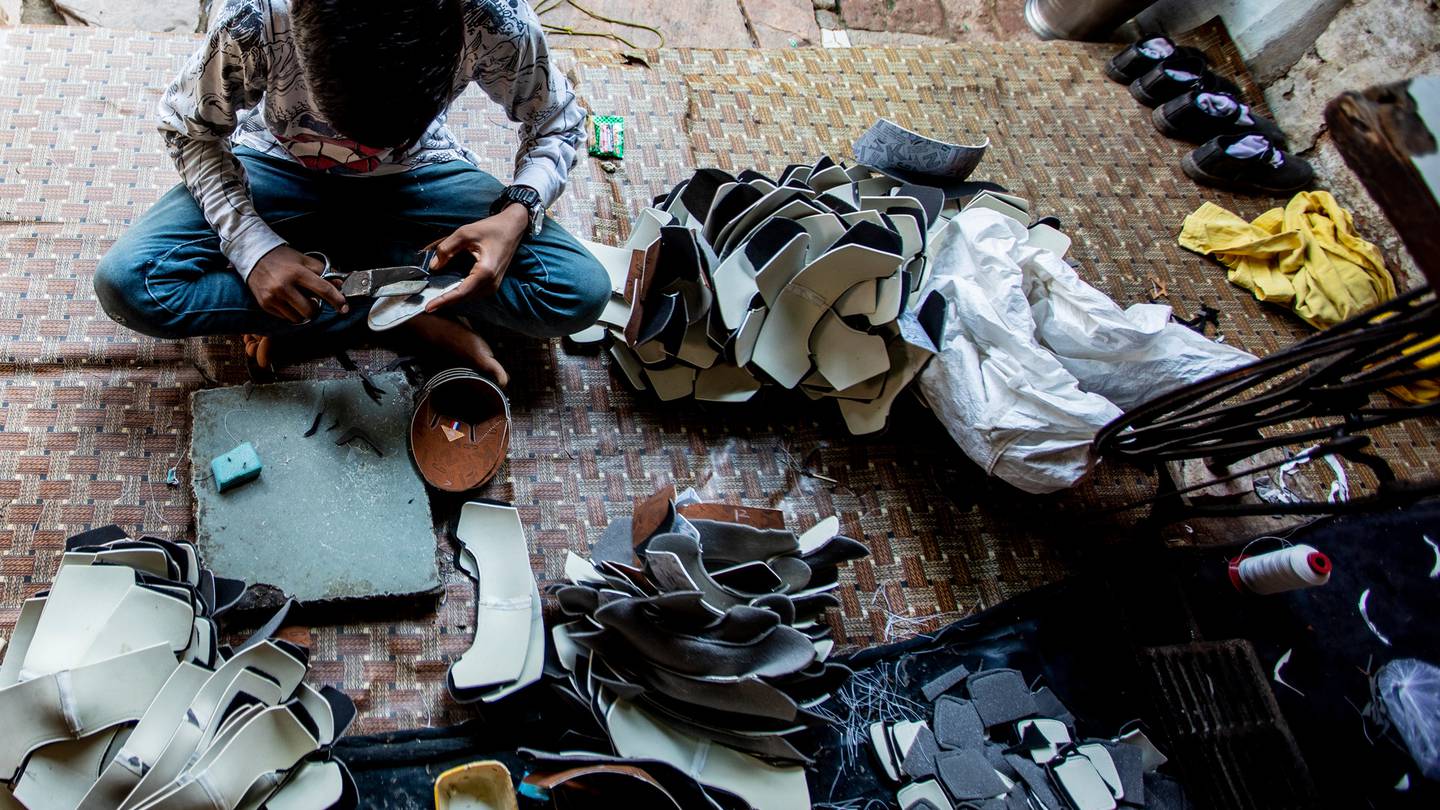Table of contents
Recommended for you
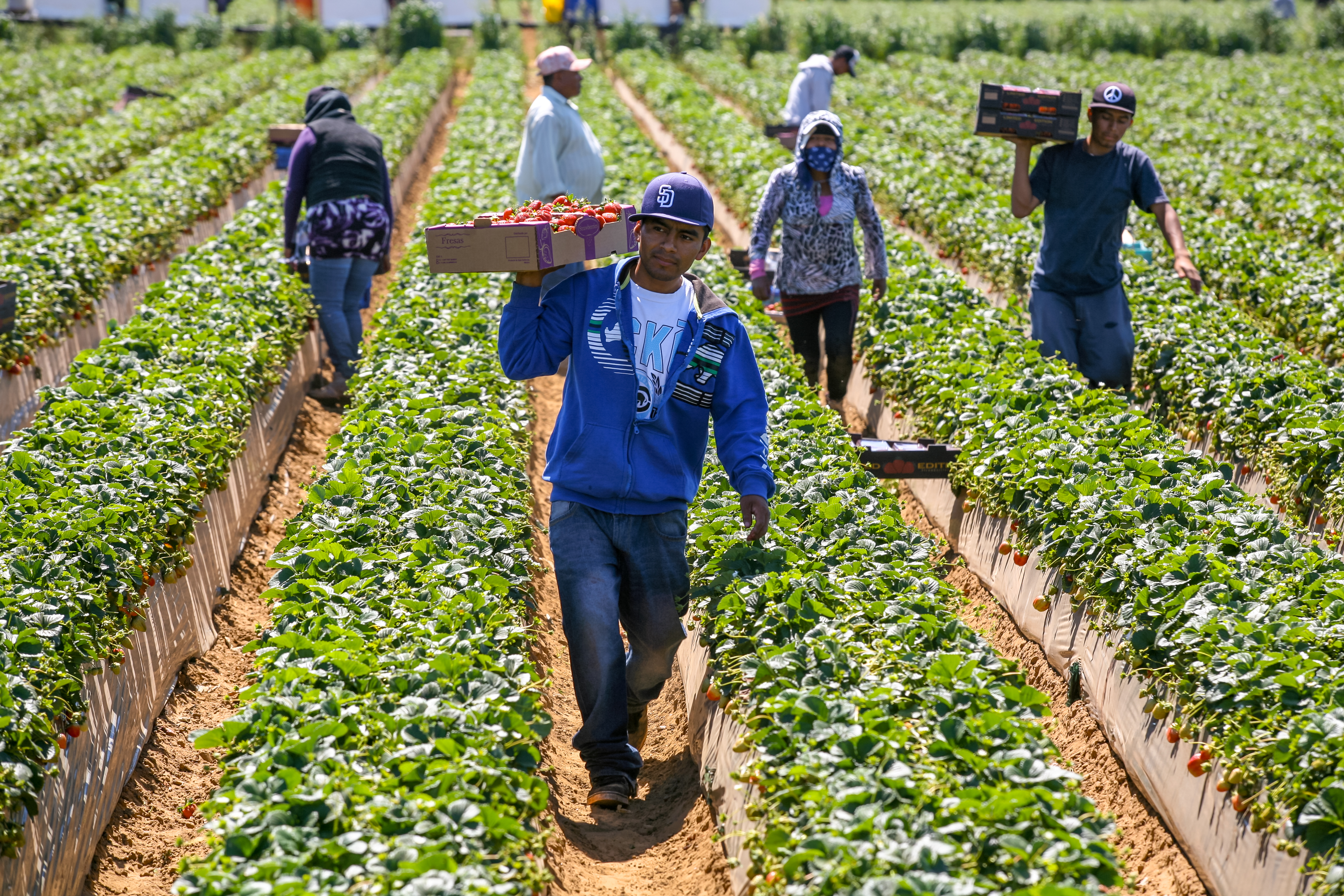
Let's stand together to stamp out worker exploitation
10 August 2022:
Recent stories of shocking conditions and ill treatment of migrant workers in Marlborough show that New Zealand has work to do to ensure the integrity of the RSE scheme and prove that worker wellbeing is a top priority.
Migrant workers are more at risk due to a range of factors including language barriers, cultural norms, lack of understanding of New Zealand laws, tensions between certain cultural groups, and agreements to surrender passports or work for paltry sums and or long hours.
Chris O’Reilly, CEO and co-founder of AskYourTeam, says it is time for a sector wide approach for horticulture and agriculture.
“Our Recognised Seasonal Employer (RSE) scheme is at risk. We need to develop a due diligence system where every worker has a voice, and where bad practices and toxic pockets are identified, remedied, predicted, and prevented".
“We like to think of Aotearoa New Zealand as kind, considerate, welcoming, and safe. But the reality is that it is not. Employers often won’t know that bullying, harassment, and abuse is happening because they’re simply not looking for it, or it can be hard to see.
“But CEOs, senior staff, and boards of directors need to know, because only then can they do something about it. With transparency and insights, organisations can do the right thing, differentiate, build their reputation, and most importantly prove they are a good employer,” he says.
“Our Recognised Seasonal Employer (RSE) scheme is at risk. We need to develop a due diligence system where every worker has a voice, and where bad practices and toxic pockets are identified, remedied, predicted, and prevented".
A group of 21 businesses in the RSE scheme – including a group of New Zealand Ethical Employers and six of New Zealand’s leading apple producers – recently used AskYourTeam’s Ethical VOICE online platform to conduct a wide ranging 100% anonymous survey for 1404 workers from 12 different countries.
Importantly, most of the respondents were very happy, says O’Reilly. “But there were things raised, and now that these employers know what the issues are, they can make the changes they need to continually improve.
“By listening and acting, responsible employers can reap the benefits. With an approach like this, everyone wins. We give people the respect that they deserve, strengthen the reputation of New Zealand and its produce, and prove to the world and our Pacific partners – where the majority of our RSE workers come from – that we take worker wellbeing seriously.”
O’Reilly says that depending on the outcome of Minister Wood’s proposed modern slavery legislation, a tool like Ethical VOICE would go a long way to protecting New Zealand’s most vulnerable workers, and creating better outcomes once issues are discovered.
“We need to be upfront and tackle this issue head on. We need to give a voice to those most at risk, and the Government can play a part by recognising and rewarding ethical employers. There’s no place for bad employers, and it all starts with asking the workers.
“Anything less than giving every worker a safe, meaningful voice at any time, won’t do the job,” O’Reilly says.
ENDS


